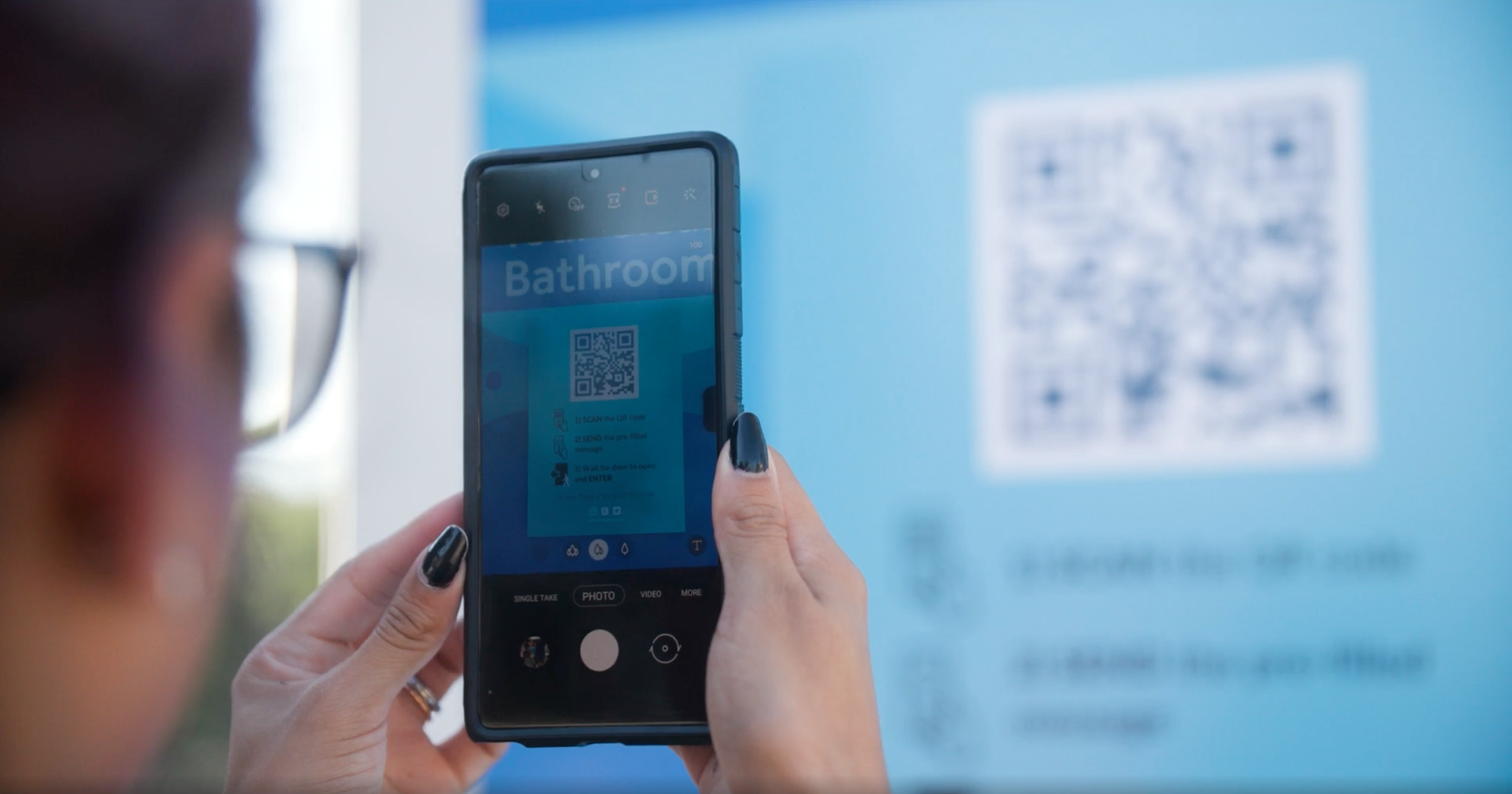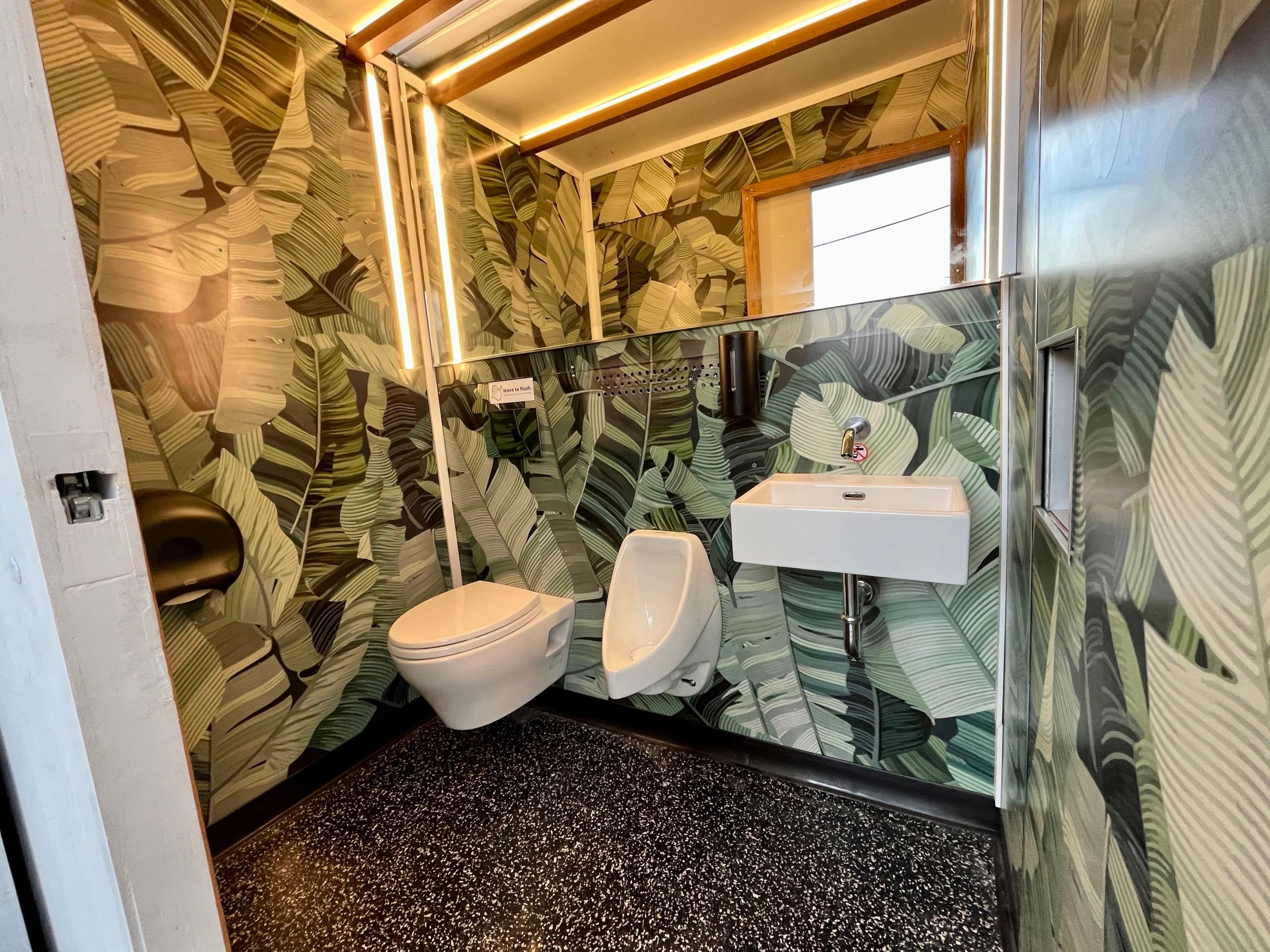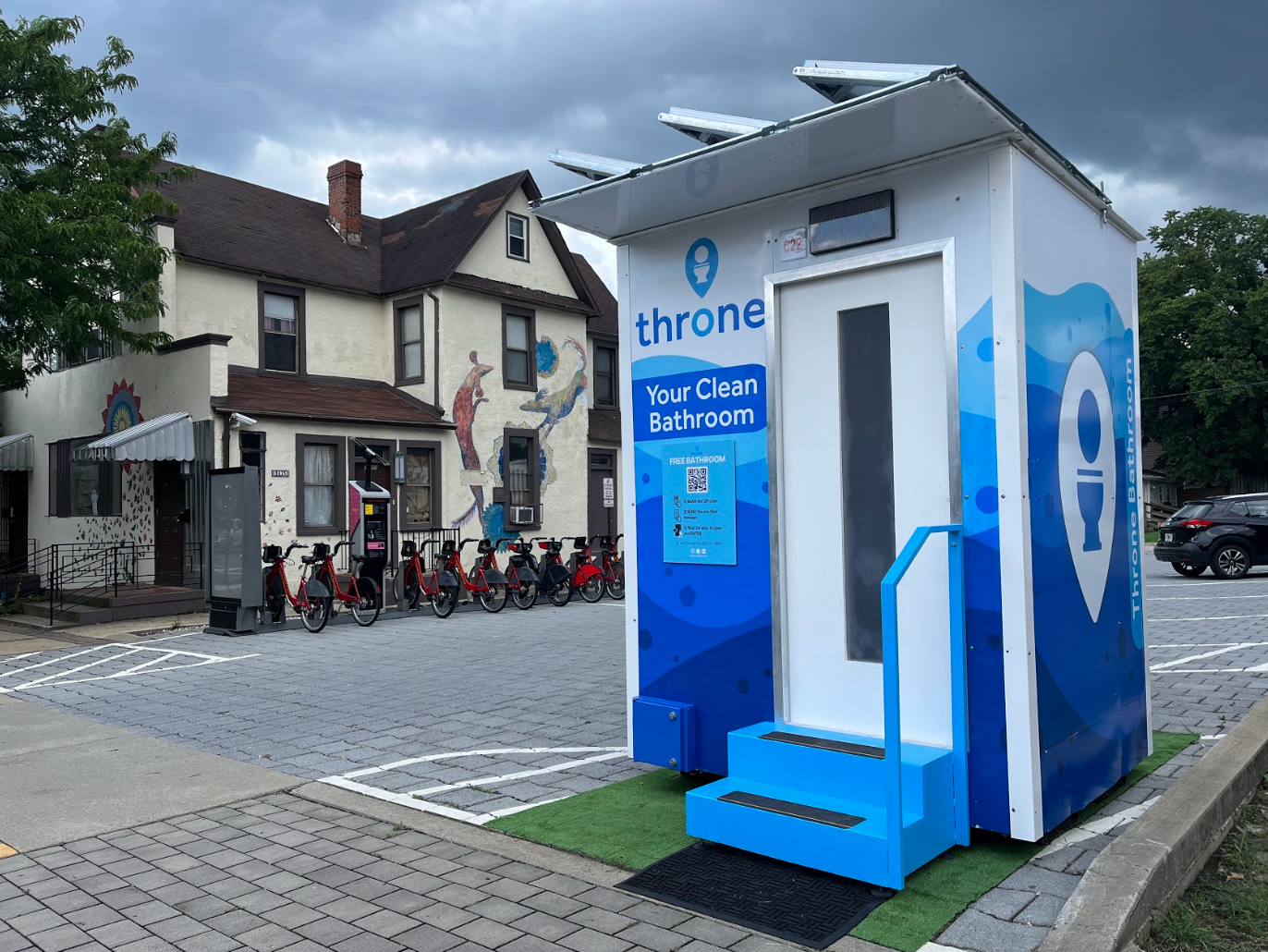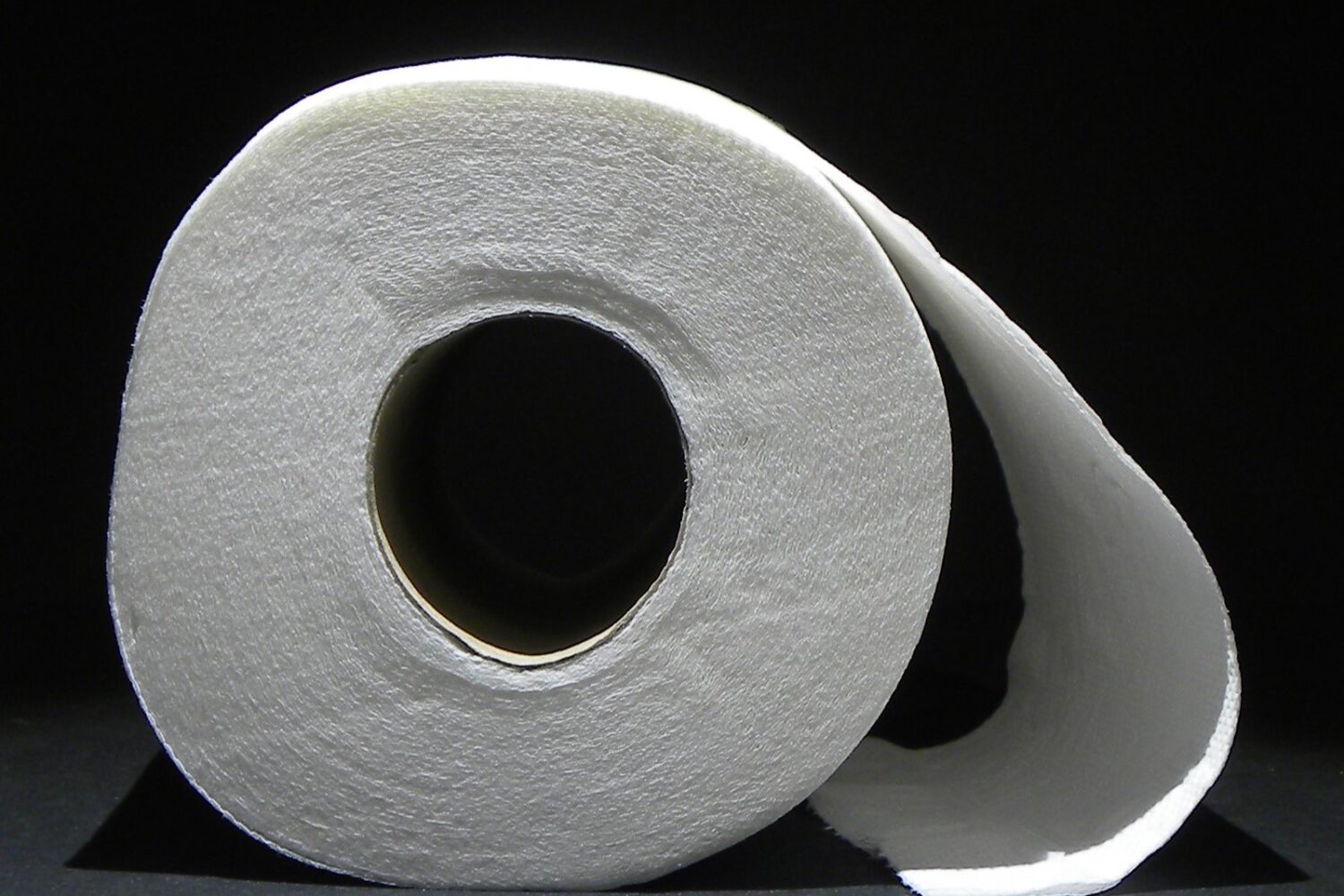It’s a familiar problem: You’re out and about, and you’ve got to go. But you can’t find anywhere to, you know, go.
The Brentwood, Maryland-based company Throne Labs is trying to solve this issue via a fleet of portable, high-tech public toilets. The company hopes to banish the days of holding your breath in a smelly park bathroom or trying to find a coffee shop that will let you use its restroom.
Instead, Throne users can find a location via its app and use a QR code to open the bathroom. Inside, users will find a flushable toilet, a flushless urinal, a sink, a trash can, a robust ventilation system, and a mirror (COO Jessica Heinzelman says she hopes people will take #ThroneSelfies for Instagram). It’s basically a 180 from the typical portable bathrooms you’d find at a concert or sports game.
The group, which Heinzelman and CEO Fletcher Wilson launched in June 2020 alongside three other founding members, piloted its first round of Throne toilets in DC last year and recently installed its first semi-permanent Throne in Mount Rainier, Maryland this month.
“We founded the company with the idea that there are so many different pockets of people that could benefit from more and better bathrooms in our cities,” says Wilson, who lives in Charlottesville.

Wilson says he’s always believed technology could solve America’s public bathroom shortage—a problem worsened by Covid-related shutdowns. A lack of public bathrooms often disproportionately impacts people without housing, parents with young children, mobile workers, and those with medical disorders or disabilities, says Heinzelman (the latter is something that Wilson, who suffers from what he calls “self-diagnosed IBS,” has experienced firsthand). Plus, trans and non-binary people often avoid using public bathrooms for fear of harassment, and women frequently have to wait in longer lines for them.
“The sanitation industry is one of those that has not really been touched by much innovation and disruption,” says Heinzelman, who’s based in San Francisco. “This felt like a space that could really be open for creative thinking and having a real impact.”

Thrones are solar-powered—although they can be plugged into power if the location doesn’t get direct sunlight—and they don’t require a connection to water or sewage. Like other portable flushable toilets, the waste goes into a holding tank under the system. The toilets are dual flush and use gray water from hand washing. Sensors help the company figure out when to clean the bathroom or refill the water tanks.
While you currently scan a QR code to access a Throne, Throne Labs is considering tap-to-enter cards for people without smartphones and hopes to partner with nonprofits that serve people without housing, says Heinzelman.
User IDs are part of Throne’s accountability system: After you use a restroom, you’re asked to rate its cleanliness. Meanwhile, each user gets a “Throne score,” similar to Uber, and repeat offenders who abuse the restroom will be blocked. Weight sensors also track if someone’s been in the bathroom too long. “Very few people create issues in [public] bathrooms, don’t respect that amenity, and then ruin it for the majority. Most people really want and value that clean experience and will leave the bathroom as good as they find it,” Heinzelman says, adding that user IDs are a way to “create the accountability that is currently missing in the shared bathroom space.”
Throne Labs is also working on an ADA accessible bathroom, which it hopes to launch in March 2023, and they’re considering selling menstrual products in future restrooms. The company wants to install enough Thrones to create a network in the DMV in the next 12-to-18 months. The long-term goal? A nationwide network of Thrones—and maybe even a global one. After all, “everyone needs a bathroom,” says Wilson.


















